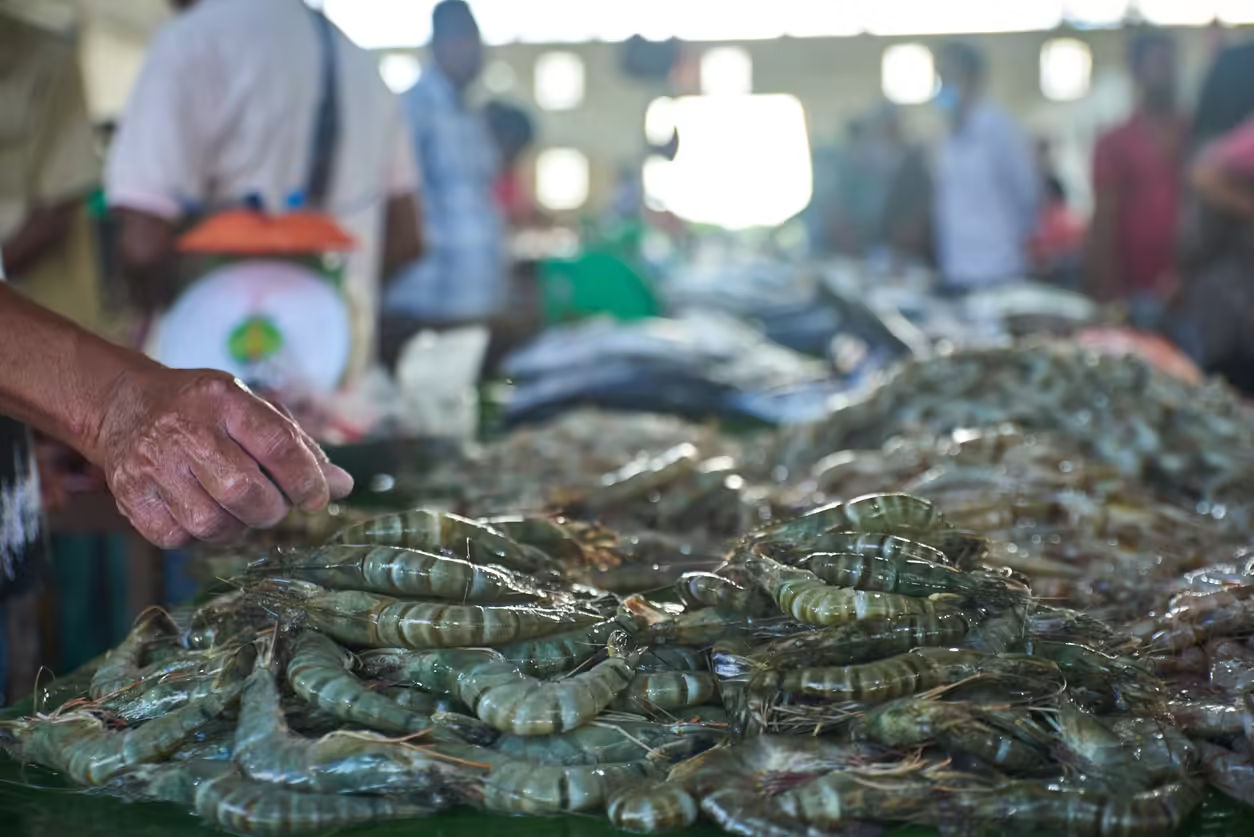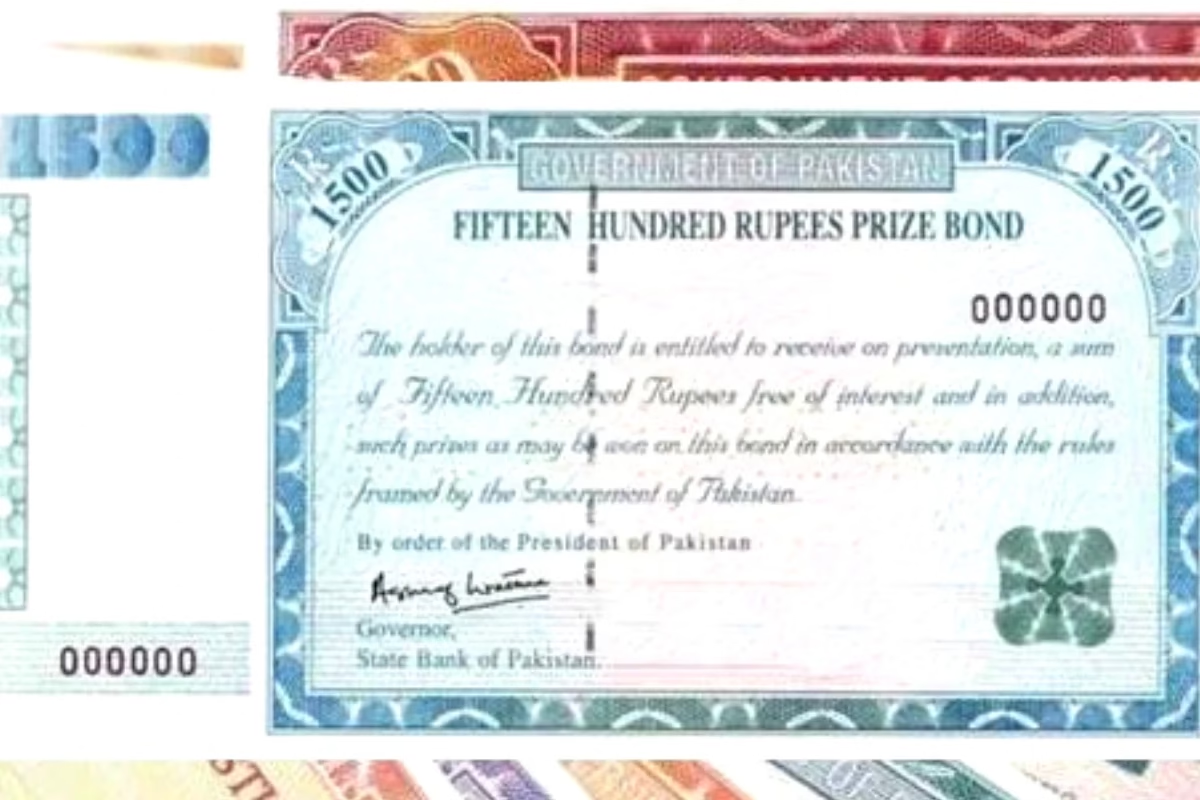Yulius Cahyonugroho, a shrimp farmer from Central Java, Indonesia, once operated over two dozen ponds, employing seven workers and earning enough to comfortably support his family. However, in recent years, he has faced a sharp decline in the prices offered by buyers, slashing his profits by half. Now, he runs only a third of his ponds with four workers, often struggling to break even, while his wife works on a watermelon farm to help provide for their two children.
“The watermelon farm is more stable than the shrimp farms,” Cahyonugroho said, reflecting the harsh realities of the shrimp industry.
A recent investigation by a coalition of NGOs, shared with The Associated Press, highlights the growing pressures on shrimp producers in countries like Indonesia, Vietnam, and India. These nations supply nearly half of the shrimp sold in the world’s top markets. The investigation reveals that Western supermarkets are driving down wholesale prices to boost their profits, which has led to a 20%-60% decline in earnings for shrimp producers compared to pre-pandemic levels. To meet these demands, farmers are forced to cut labor costs, deepening the challenges for people like Cahyonugroho at the bottom of the supply chain.



